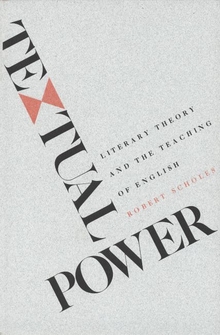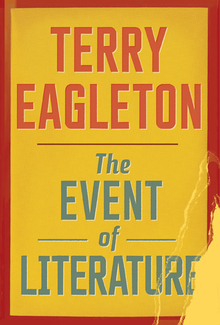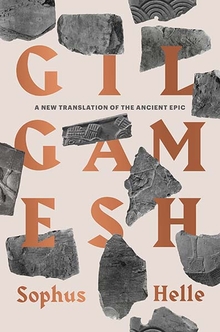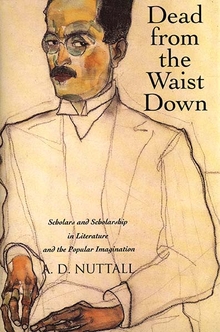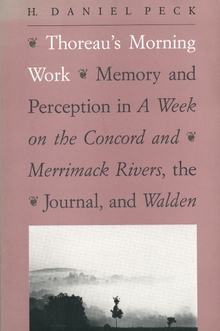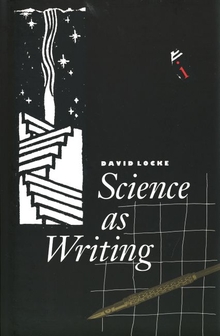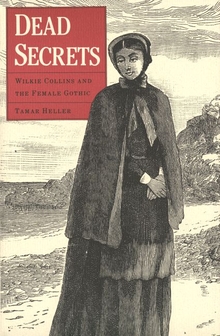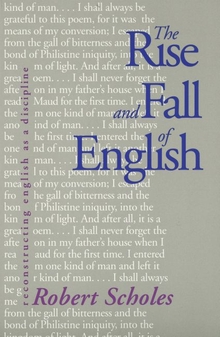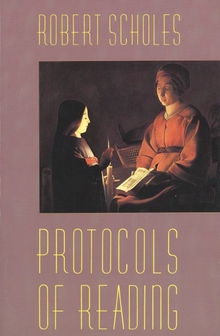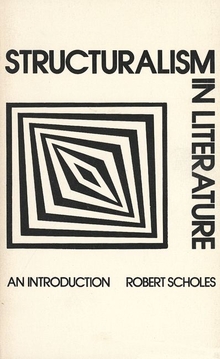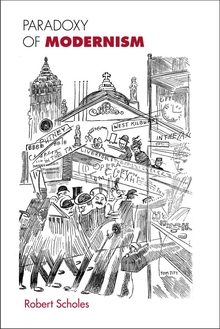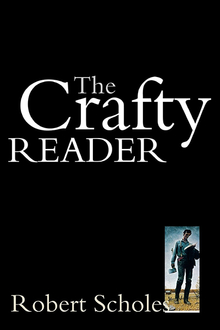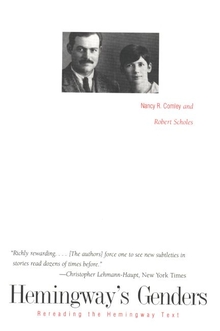Textual Power
WARNING
You are viewing an older version of the Yalebooks website. Please visit out new website with more updated information and a better user experience: https://www.yalebooks.com
Literary Theory and the Teaching of English
Robert Scholes
“Robert Scholes has written an enviable book on the uses and abuses of literary theory in the teaching of literature. One of [his] most forceful points…is that ‘literary theory’ is not something a teacher may either ‘use’ or not use, for teaching itself is an unavoidably theoretical activity.”—Gerald Graff, Novel
“Scholes’ emphasis in Textual Power is indicated by the book’s subtitle. After a provocative analysis of disciplinary values and departmental tendencies…[he] proposes that ‘we must stop “teaching literature” and start studying texts’…His book is essential for college libraries.”—R.C. Gebhardt, Choice
“There is no issue more current, more relevant to the present scene, than the problem of pedagogy and its relation to contemporary theory. Textual Power is an important, provocative, and above all useful contribution to this discussion.”—Gregory L. Ulmer
Robert Scholes, author of Structuralism in Literature and Semiotics and Interpretation among other books, is Alumni-Alumnae University Professor of English and Comparative Literature at Brown University.
“Scholes’ emphasis in Textual Power is indicated by the book’s subtitle. After a provocative analysis of disciplinary values and departmental tendencies…[he] proposes that ‘we must stop “teaching literature” and start studying texts’…His book is essential for college libraries.”—R.C. Gebhardt, Choice
“There is no issue more current, more relevant to the present scene, than the problem of pedagogy and its relation to contemporary theory. Textual Power is an important, provocative, and above all useful contribution to this discussion.”—Gregory L. Ulmer
Robert Scholes, author of Structuralism in Literature and Semiotics and Interpretation among other books, is Alumni-Alumnae University Professor of English and Comparative Literature at Brown University.
"There is no issue more current, more relevant to the present scene, than the problem of pedagogy and its relation to contemporary theory. Textual Power is an important, provocative, and above all useful contribution to this discussion. The pedagogical chapters, teaching reading, interpretation, and criticism, are brilliant. This may well be Scholes's best book yet." —Gregory L. Ulmer
"Scholes' emphasis in Textual Power is indicated by the book's subtitle. After a provocative analysis of disciplinary values and departmental tendencies in 'The English Apparatus,' Scholes proposes that 'we must stop teaching literature and start studying texts.' . . . .Scholes turns more directly, in the second half of the book, to contemporary critical issues in such chapters as 'The Text and the World,' 'Reference and Difference,' 'Is there a Fish in this Text?' and 'Who Cares About the Text?' Scholes clearly cares. His book is essential for college libraries."—Choice
"Robert Scholes has written an enviable book on the uses and abuses of literary theory in the teaching of literature....I very much like this book."—Gerald Graff, Novel
"Professor Scholes's thesis is unimpeachable: that texts have power . . . and that this power 'is ultimately power to change the world.' . . . An engaging and interesting book."—John Fletcher, Journal of European Studies
"Robert Scholes' innovative book argues persuasively for the deconstruction of opposition between composition and literature. It gracefully blends current literary theory with the best of contemporary practice to demonstrate that the teaching of writing and literature should emphasize textuality and the ability of students to recognize and use the codes on which composing, reading, interpreting and criticizing depend." —Citation by the Selection Committee for the Mina P. Shaugnessy Prize
"Throughout Textual Power Scholes' style is lucid and engaging, especially when he explains the theoretical assumptions on which he bases his proposed curricular reform." —Michael Eckert, Jacksonville University
"If you are interested in contemporary literary theory,...provocative analyses of individual literary texts,...discussions of pedagogy and curriculum development—then I highly recommend this engaging text." —Kim Moreland, Southern Humanities Review
"The manner in which Scholes grapples with text after text is always both engaging and enlightening."—Kieran Quinlan, South Atlantic Review
"Scholes suggests we quit 'teaching literature' and begin 'studying texts' in our classrooms. This involves helping students to develop textual competence in three areas: 'reading,' a largely unconscious activity in which we produce text within text; 'interpretation,' theproduction of text upon text that happens when we begin to think consciously about meaning or theme; and 'criticism,' text against text, wherein we critique a work's themes or underlying cultural codes. Using examples from writers such as Ernest Hemingway and Ursula LeGuin, Scholes demonstrates how techniques developed from structuralist literary theory can open these areas to our students. . . . Many of Scholes' ideas have direct relevance to what we do as teachers, and his central concept is a powerful one: rather than encouraging students to show 'reverence before texts,' we should give them 'critical strength,' the ability to question texts they encounter in an extremely manipulative world."—Elise Ann Earthman, English Journal
Winner of the 1986 Mina P. Shaughnessy Prize awarded by the Modern Language Association
Awarded the 1988 David H. Russell Award for Distinguished Research in the Teaching of English presented by the National Council of Teachers of English
ISBN: 9780300037265
Publication Date: September 10, 1986
Publication Date: September 10, 1986
180 pages, 5 1/2 x 8 1/4

